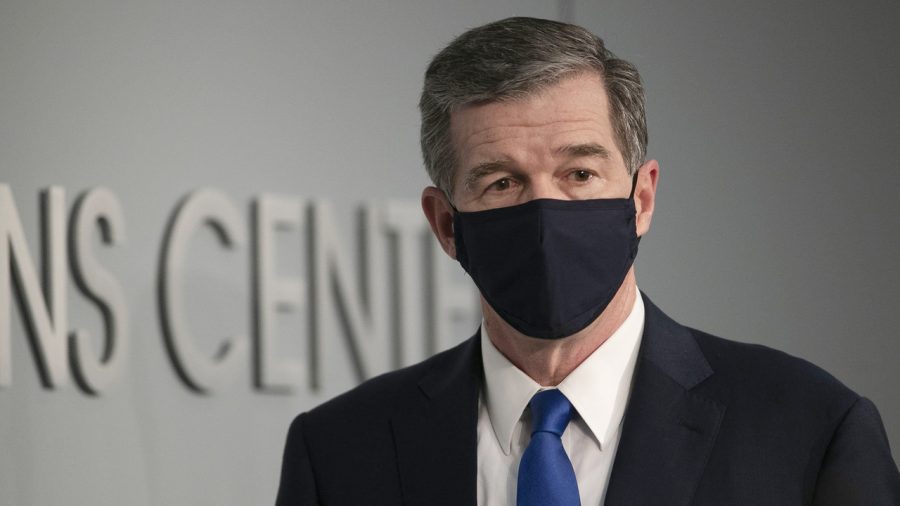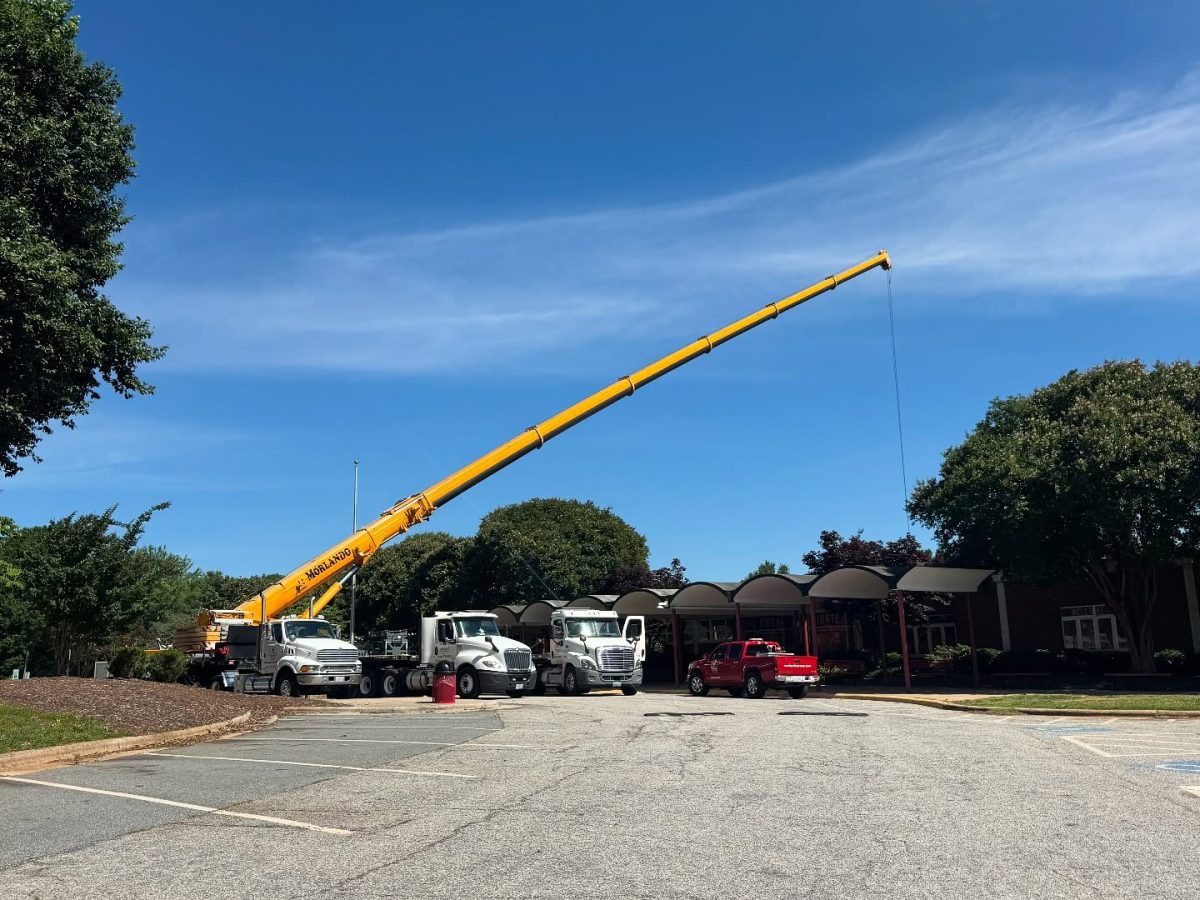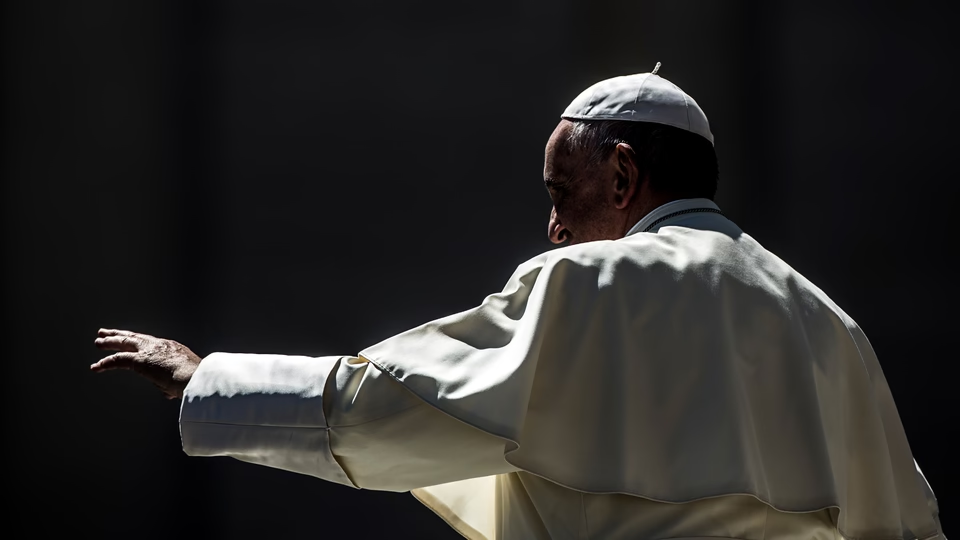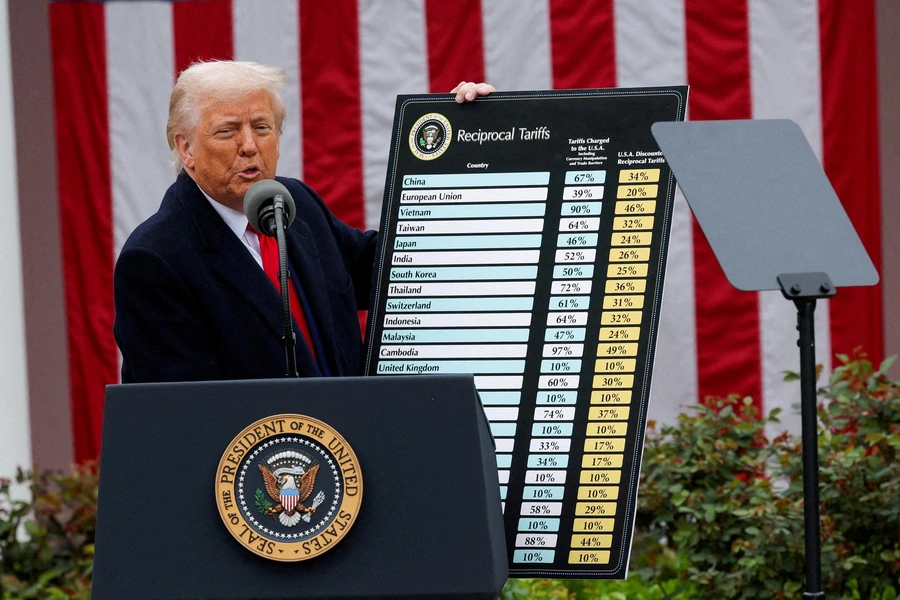This pandemic came as quiet a surprise to the entire world, seemingly changing everything. Our leaders had to face the challenge quickly and cautiously, and as they evaluate their actions now, lots is expected to change. The Emergency Power Limitation Act was drafted by the American Legislative Exchange Council to rework how much power legislators have during the next emergency we face.
Governors have had the power to issue stay-at-home orders, mask mandates, and distancing requirements. They have closed schools and businesses, delayed elections, cancelled gatherings, and publically disagreed with the president. The laws giving governors that power were created in the ‘60s with a nuclear threat in mind. In a health crisis though, is it fair for leaders to limit our Constitutional rights to work and to vote? Maybe it is okay, maybe it is more important to address the threat then protect our rights. Maybe not. That isn’t the point. The point is that no one expected a pandemic, our laws weren’t designed to handle one, and that needs to be changed. A lot of decisions need to be made before these emergency laws are changed, but the power our governors can yield in a crisis is going to change in some way or another.
Photo Credits: Raleigh News & Observer










